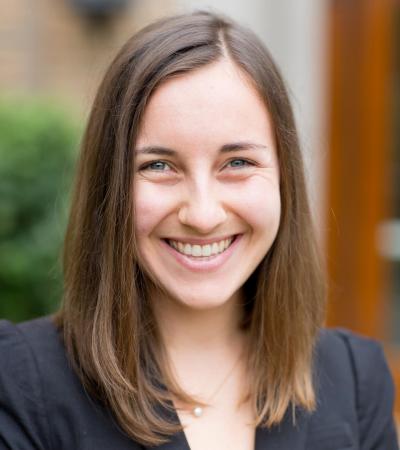Roving Rulers: How Armed Groups Govern in the Absence of Territorial Control

Workshop with Hannah Early Bagdanov, Kellogg Institute Doctoral Student Affiliate, Political Science, and Josephine Lechartre, Kroc, Kellogg Institute Doctoral Student Affiliate, Political Science
"Roving Rulers: How Armed Groups Govern in the Absence of Territorial Control"
Abstract:
The literature on rebel governance has typically assumed that territorial control is a necessary condition for rebel groups to perform governance functions in a given area. Yet, cases as diverse as the PKK in southeastern Turkey, the IRA in Northern Ireland, and Hamas in the West Bank reflect instances of armed groups performing basic governance functions absent territorial control. To account for this puzzle, we propose that some armed groups develop what we deem ‘authoritative control’ over a population, which allows them to perform select governance functions without having secured territorial control. We define authoritative control as the deployment of symbolic power by a non-state armed group in order to secure legitimacy over a target population within or outside of the territory that the group controls. Symbolic power encompasses but is not limited to the display of moral authority, the mimicking of state behavior, indoctrination, and appeals to and the reinvention of common histories or group myths. Further, we argue that the concepts of governance and territorial control are semantically distinct, but have thus far been conflated in the literature on non-state armed group governance. Therefore, we clarify the difference between the two concepts, introduce the concept of authoritative control, and provide a theory of governance in conditions where armed groups cannot claim to control territory. These conceptual and empirical distinctions are significant to the study of armed group governance because they imply that important cases have been omitted from investigation, limiting our understanding and conclusions about the phenomenon’s nature, causes, and consequences.
For the pre-circulated materials or more information, contact Gary Goertz.
This workshop seeks to integrate and develop collaboration between Kroc and Kellogg scholars focusing on the wide range of peace, conflict, and violence issues. It is intended to be broad in scope including topics such as political and criminal violence, human rights, and transitional justice along with standard issues of civil and international war, peacebuilding, and reconciliation. The format assumes that participants come to the workshop having read the paper. A discussant will start the discussion with 5-10 minutes of comments, then the floor is open. These sessions are open to Notre Dame faculty and graduate students. For the pre-circulated materials or more information, contact Gary Goertz.
Workshop Organizers: Guillermo Trejo, Gary Goertz, Laurie Nathan, Abby Córdova, and Josefina Echavarría Alvarez.

Hannah Early Bagdanov
Hannah Early Bagdanov is a PhD candidate in Political Science and a Dissertation Year Fellow at the Kellogg Institute for International Studies. Her research and teaching focus broadly on conflict, political behavior, state and non-state governance in the Middle East and North Africa...





